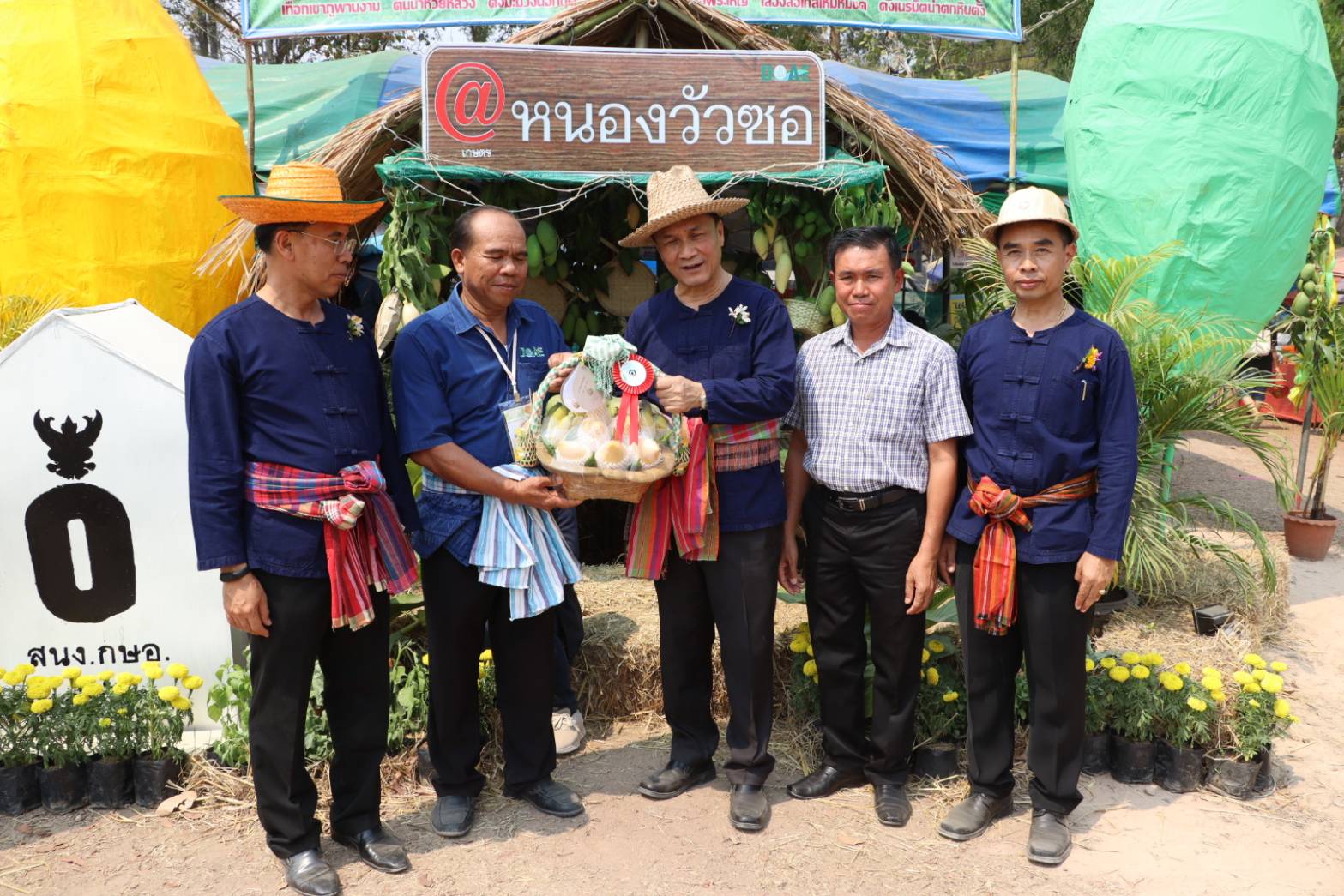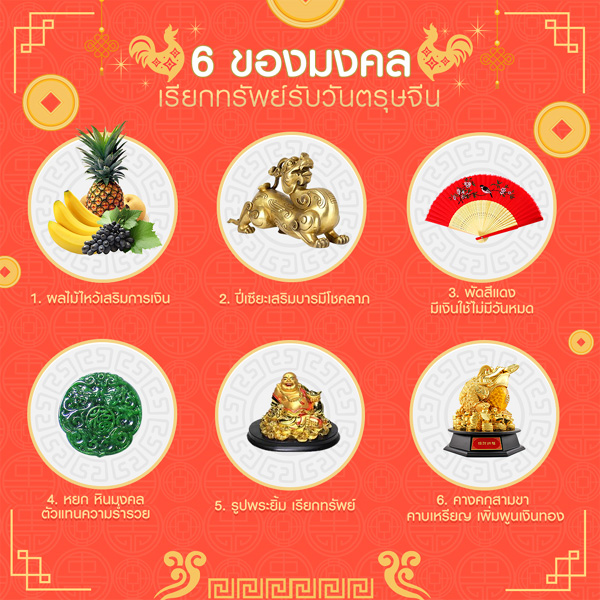ป้ายกำกับ: Buddhist Ceremony
Unveiling the Beauty and Meaning of Buddhist Ceremonies: A Guide to Understanding These Sacred Rituals
Have you ever wondered about the intricate ceremonies practiced by Buddhists? These rituals, steeped in ancient tradition, hold profound meaning and offer a glimpse into the heart of this spiritual path. Join us as we delve into the world of Buddhist ceremonies, exploring their diverse forms, significance, and the profound impact they have on the lives of practitioners.
The Essence of Buddhist Ceremonies
Buddhist ceremonies are more than just rituals; they are expressions of the core teachings of Buddhism. They serve as a bridge connecting the physical and spiritual realms, offering practitioners a tangible way to engage with the principles of mindfulness, compassion, and enlightenment.
At the heart of every Buddhist ceremony lies the concept of karma – the law of cause and effect. Every action, thought, and word has consequences, and Buddhist ceremonies are designed to cultivate positive karma, leading to greater well-being and ultimately, liberation from suffering.
Types of Buddhist Ceremonies: A Glimpse into Diversity
The world of Buddhist ceremonies is rich and varied, reflecting the diverse traditions and practices within Buddhism. Here are some prominent examples:
1. Ordination Ceremony: This pivotal ceremony marks the entry of a person into the monastic life, dedicating themselves to the path of spiritual development. It involves the acceptance of vows and the adoption of new robes, symbolizing a commitment to living a life of simplicity and service.
2. Cremation Ceremony: In many Buddhist traditions, cremation is the preferred way to honor the deceased. The ceremony emphasizes the impermanence of life and the cyclical nature of existence, as the ashes are scattered, symbolizing a return to the elements.
3. Wedding Ceremony: Buddhist weddings are often characterized by simplicity and focus on the couple’s commitment to building a harmonious and ethical relationship. It typically involves the exchange of vows, the offering of flowers, and the lighting of candles.
4. Puja (Offering Ceremony): A common practice in various Buddhist traditions, Puja involves the offering of flowers, incense, and other items to deities or enlightened beings as a way of showing respect and generating positive energy.
5. Meditation Retreat: While not a ceremony in the traditional sense, meditation retreats are essential for deepening one’s Buddhist practice. These retreats provide a dedicated space for cultivating mindfulness and cultivating inner peace.
The Importance of Participation: Connecting with the Heart of the Practice
While observing Buddhist ceremonies can be insightful, active participation offers a more profound experience. Engaging in the rituals, reciting mantras, or offering incense allows for a deeper connection with the teachings and a more tangible sense of spiritual growth.
For those seeking a deeper understanding of Buddhist philosophy and a more enriching spiritual journey, participating in these ceremonies can be a powerful catalyst.
Understanding the deeper meaning of these ceremonies enriches your appreciation for the Buddhist way of life. It allows you to connect with the profound wisdom embedded within each ritual, fostering a deeper understanding of the path to enlightenment.
Secondary Keywords: Buddhist Ceremony, Buddhist Rituals, Buddhist Practices, Buddhist Traditions, Buddhist Festivals, วันมงคล, ฤกษ์บวช, เสริมดวง


